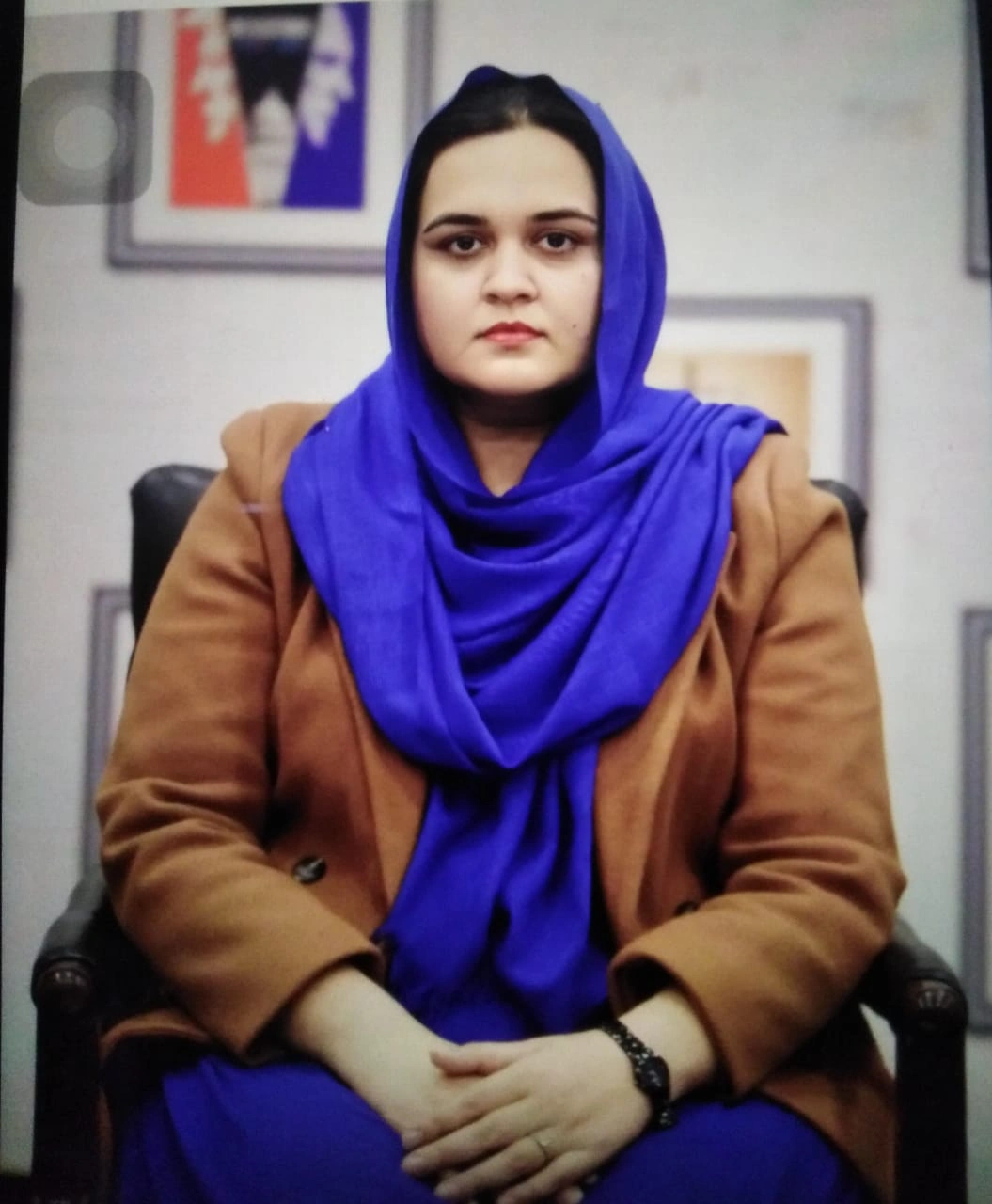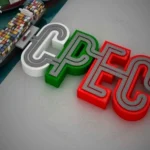Pakistan is making a serious move into the semiconductor space, and its big news. The government, through the Pakistan Software Export Board (PSEB), has announced the launch of three Semiconductor Education & Research Clusters (SERCs). The goal is straightforward but ambitious: train at least 1,000 engineers by 2030 in chip design, verification, and related areas. For a country that’s long leaned on software exports, this feels like a shift into deeper tech territory.
The clusters are set up in three regions North, Centre, and South. So, that access isn’t limited to just one part of the country. The idea is to link universities with industry and give engineering students a path into chip design and applied research. Instead of staying purely theoretical, the curriculum will focus on hands-on skills using modern electronic design automation (EDA) tools. That’s where the real challenge comes in: these tools are expensive, and Pakistan will need consistent investment to make sure students get access.
Universities are already being invited to submit proposals to host these clusters. A pre-bid meeting will be held in mid-September, and proposals are due by the end of the month. If all goes as planned, these clusters should gradually come online and start producing graduates over the next few years. By the time 2030 rolls around, Pakistan could have a thousand or more engineers who know their way around semiconductor design.
What makes this interesting is the timing. Globally, semiconductors are at the heart of economic and security debates, with countries trying to secure supply chains and build some independence from the big players. Pakistan isn’t talking about building massive fabrication plants (which take billions of dollars and years to set up), but focusing on design and verification is a realistic first step. It’s the part of industry where brainpower matters more than physical infrastructure. If the country can build a strong talent pipeline, it could open doors for partnerships with foreign chip companies or even create opportunities for local startups.
Of course, there are hurdles. Faculty training is one. Many universities don’t currently have professors who are well-versed in cutting-edge chip design. Without skilled teachers, the clusters might just look good on paper. Another issue is sustainability. Too often, government-backed projects start strong but lose momentum because of shifting priorities or lack of funding. For this initiative to work, it needs steady policy support and buy-in from private industry.
Still, it’s hard not to see the upside. If Pakistan manages to pull this off, the impact goes beyond tech exports. It could mean better jobs for graduates, more startups in high-tech fields, and maybe even a stronger role in the global semiconductor supply chain. It won’t be easy, but at least the country is making a start instead of staying on the sidelines.








